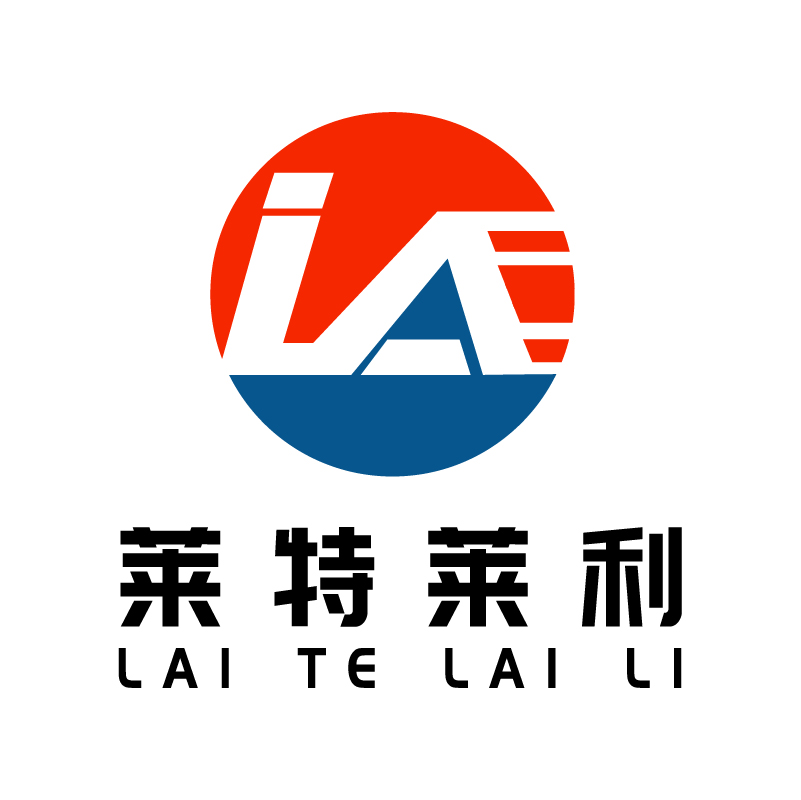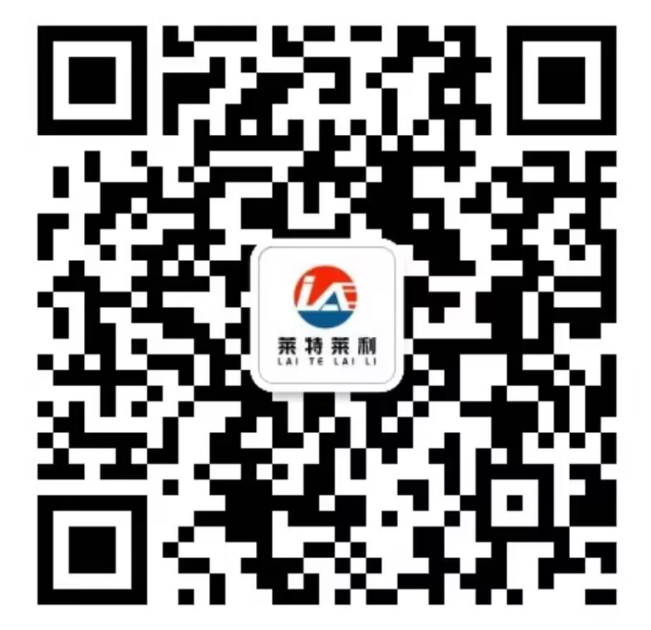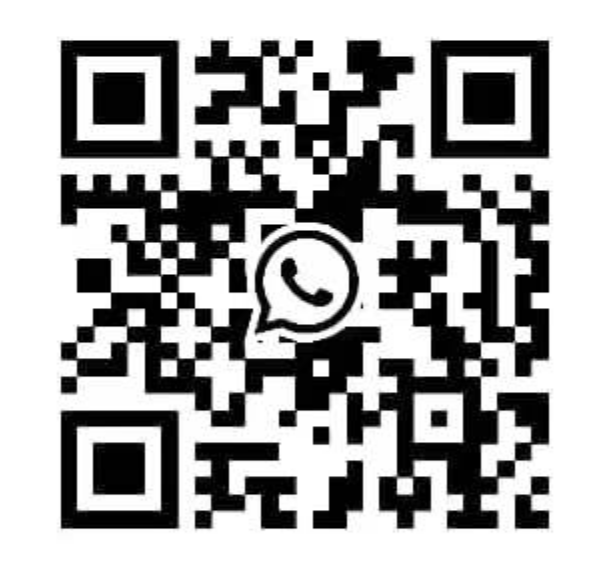Does the barcode printer support multiple barcode formats?
Bar code printers usually support a variety of bar code formats to meet the application requirements of different industries and scenarios. The following is a detailed analysis of the barcode printer's support for multiple barcode formats:
Supported bar code format type
Bar code printers can support a variety of standard bar code formats, which can be mainly divided into two categories: one-dimensional bar code and two-dimensional bar code.
One-dimensional barcode:
Code 39: Can encode numbers and capital letters and is commonly used in non-retail environments such as labels, badges, and inventory tracking.
Code 128 is a high density bar code that encodes all 128 ASCII characters and is commonly used in packaging and shipping.
UPC (Universal Product Code) : UPC-A consists of 12 digits, and UPC-E is its compressed version consisting of 6 digits, which is mainly used for retail goods.
EAN (European Article Number) : Similar to UPC, but containing an additional number for international identification, available in EAN-13 and EAN-8 versions.
Other common one-dimensional barcodes include ITF-14, 25 code, electronic regulatory code, drug regulatory code, postal code, and so on.
2D barcode:
QR Code (Quick Response Code) : can encode numbers, letters, Chinese characters, symbols, etc., often used in advertising, marketing and Internet of Things fields.
Data Matrix: A small but high-density two-dimensional barcode commonly used to identify small parts and components.
PDF417: It is widely used in the fields of transportation, identification and bills.
Other common 2D barcodes include MaxiCode, etc.


